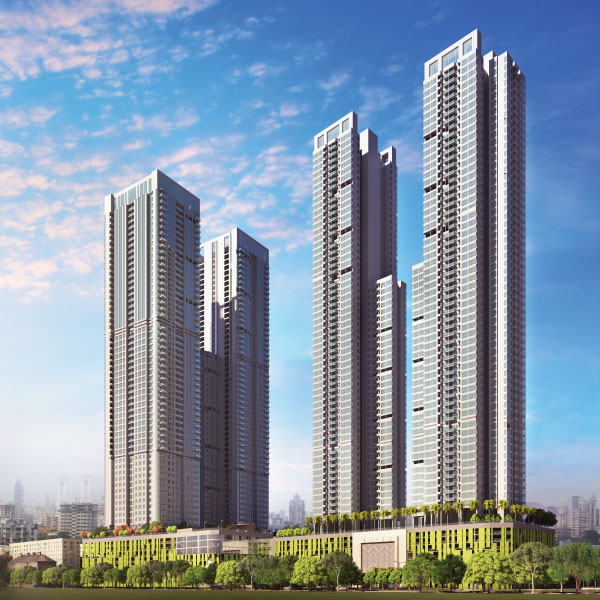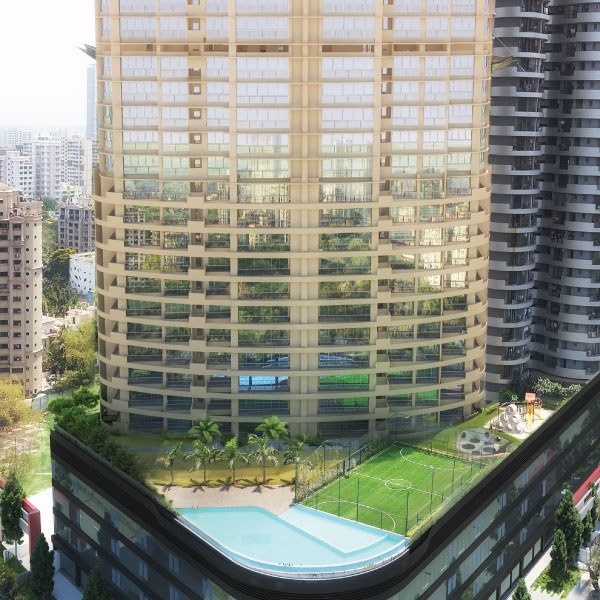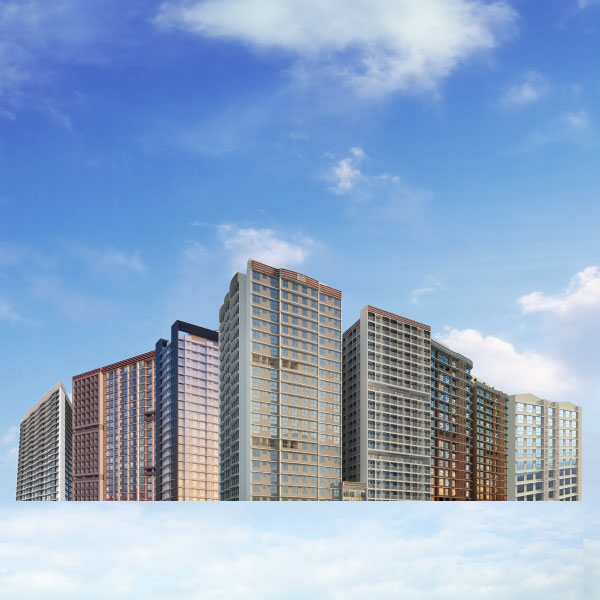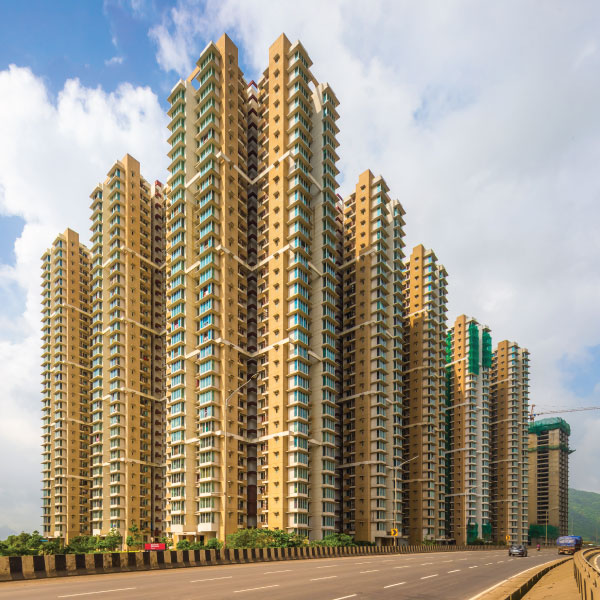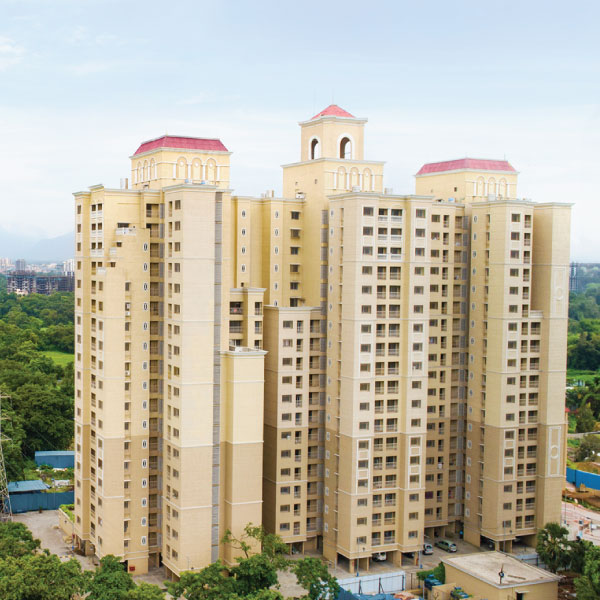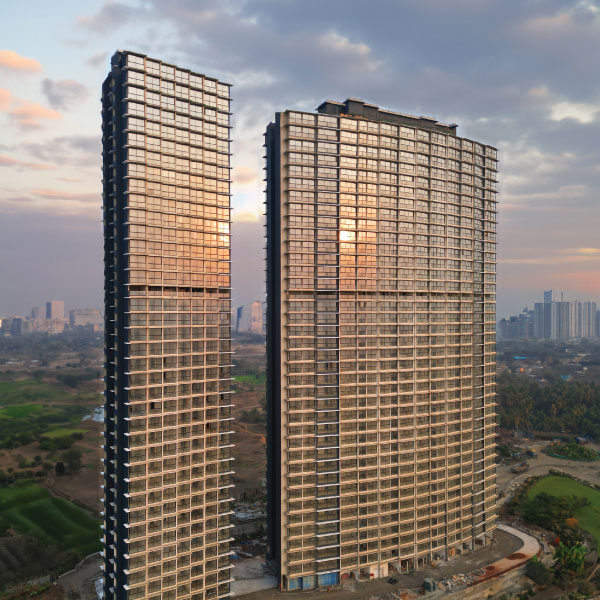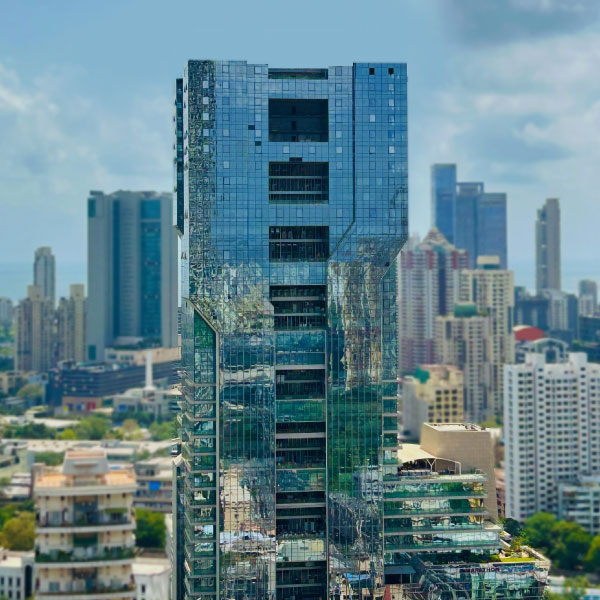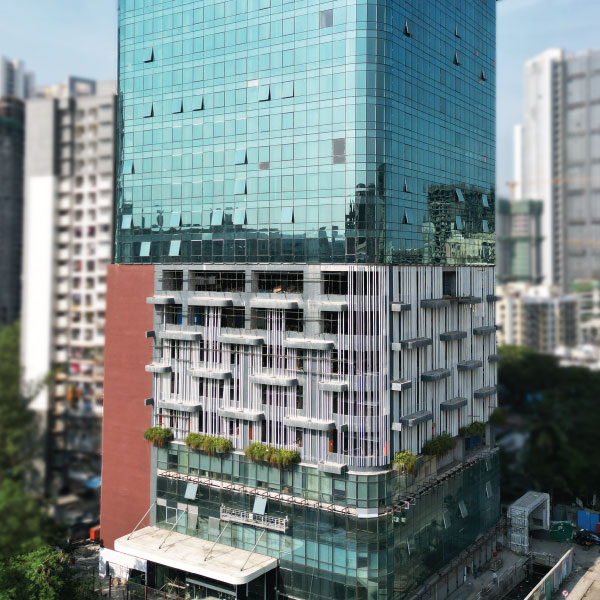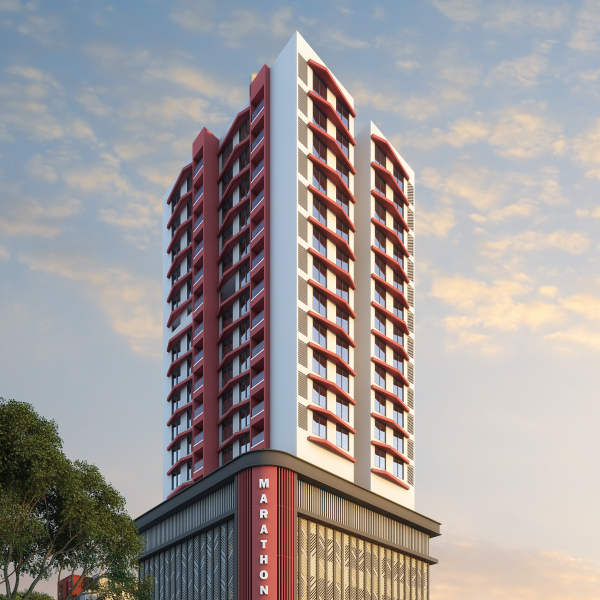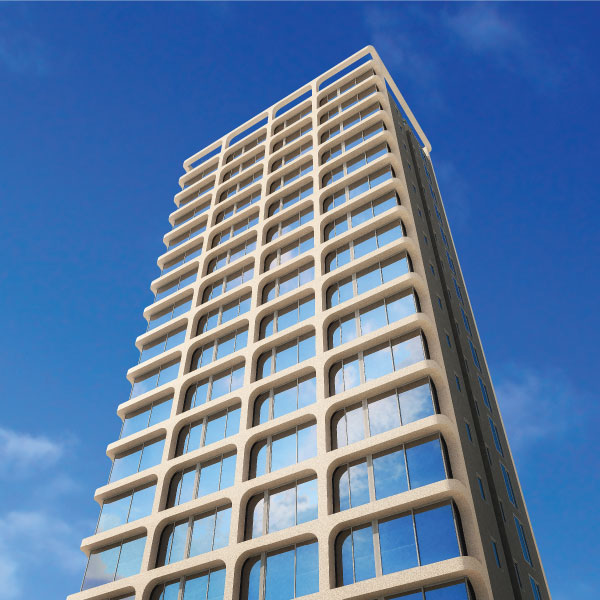Goods & Service Tax (GST) on Flat Purchase in India
Last Updated on, June 5th, 2024
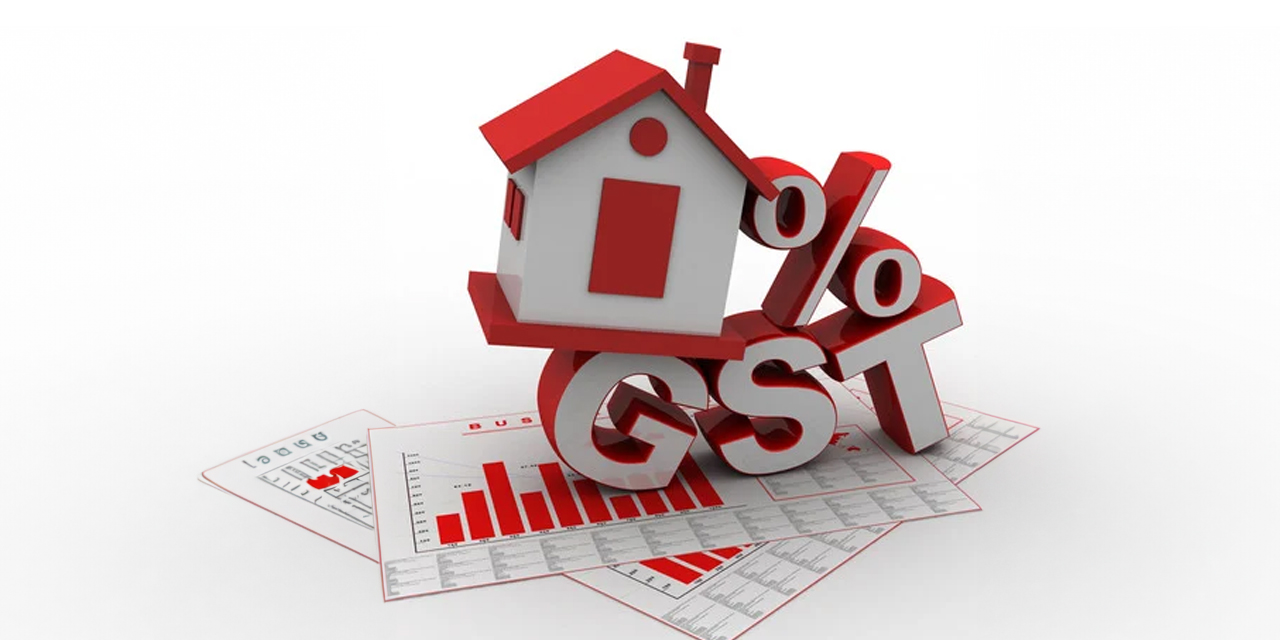
The Goods & Services Tax (GST) was introduced in India on 1st July 2017. It is the most significant step in India’s tax reforms.
So, what is GST in real estate? In India, GST only applies if you buy under-construction property such as a flat, bungalow, or apartment. The GST payable is 1% for affordable housing projects and 5% for non-affordable housing projects.
To properly understand the GST on flat purchases and the impact of GST on real estate, it’s equally important to understand the situation before GST.
Taxes on Flat Purchase Before GST
Before the introduction of GST, real estate developers paid multiple indirect taxes, including Value Added Tax (VAT), Central Excise, Octroi, and Entry Tax. While these taxes contributed to the overall project development cost, developers were not eligible to claim credits against them, leading to double taxation.
This situation created an environment where developers could manipulate pricing to compensate for the additional tax burden, resulting in higher costs for homebuyers. From a home buyer’s perspective, finding out the individual rates of VAT, Central Excise, Entry Tax, and Octroi, was a herculean task.
GST brought about a significant change and benefitted both developers and home buyers.
For homebuyers, GST has promoted transparency in the home-buying process. Instead of grappling with a multiple tax, buyers now have a clear understanding of the specific GST percentage applicable to their purchase.
GST on Flat Purchase in India in 2024
In India, the GST on the purchase of a flat is applicable on the sale of under-construction properties only. It does not apply to resale properties or ready-to-move-in properties as the construction of these properties is already completed. Also, there is no GST applicable on land purchases.
The buyer has to pay GST to the developer at the time of purchase. After that, it is the developer’s responsibility to remit the GST to the Government of India.
Here’s the latest GST rate on flat purchase in 2024 –
| Type of Property | GST Rate till March 2019 | GST Rate after March 2019 |
|---|---|---|
| Under construction property (affordable housing) | 8% with input tax credit | 1% without input tax credit |
| Under construction property (non-affordable housing) | 12% with input tax credit | 5% without input tax credit |
| Ready to move in | No GST | No GST |
When the GST rates changed in March 2019, the ongoing projects were given a one time window to decide which regime would the project fall under.
Impact of GST on Homebuyers
1. Transparent Pricing : GST has streamlined the tax structure. By consolidating multiple indirect taxes into a single one, buyers now have good clarity of the taxes they are paying on their purchases.
2. Better Affordability for Specific Housing Segments : The reduced GST rate of 1%, without Input Tax Credit (ITC), has made affordable housing more accessible to buyers, particularly benefiting middle-income groups and first-time home buyers.
3. Proper Financial Planning : Most banks do not fund the GST amount, hence, the buyers need to ensure they have sufficient funds to make GST payments.
4. No GST on Land Purchase : GST is not applicable if you purchase land. Hence, buying land and building a house on it has become an attractive option.
5. Constant Changes : The GST rates keep on changing. Hence, checking the latest rates and seeking advice from a GST expert before buying a home makes sense.
What Is Affordable Housing Under GST?
As per the Government, a house in a metro city is fit to be called an affordable house if it measures 60 sq mt (carpet area) and costs only upto or below 45 lakhs. In non-metro cities, a house is said to be an affordable house if it costs up to 45 lakhs and has up to 90 sq mt carpet area.
GST on Government Housing Schemes
All the mega housing project schemes initiated by the Government such as Pradhan Mantri Awas Yojana, Rajiv Awas Yojana, and Jawaharlal Nehru National Urban Renewal Mission will attract only 1% GST under the new regime.
GST on Maintenance Charges
There are certain conditions where GST is applicable on maintenance charges.
– A homeowner has to pay 18% GST on residential property if they pay a maintenance fee of Rs 7500/- or more to their society.
– The housing society that collects Rs 7500/- per month per flat also has to pay 18% tax on the entire amount.
– Housing societies that have an annual turnover of less than 20 lakhs are exempted from paying the GST.
– For the GST to be applicable, both conditions should be applicable – each homeowner should be paying maintenance of more than 7500/- per month and the annual turnover of society should be more than 20 lakh.
– Also, if the maintenance charges per flat exceed 7500, the entire maintenance amount is taxable. For example, if the maintenance charge per flat is Rs 10,000, the GST charged will be over the whole amount – Rs 10,000 and not Rs 2500 (10,000 – 7,500).
– Housing societies can claim input tax credits on the tax they paid on goods such as generators, furniture, hardware fittings, etc. and services such as repair and maintenance.
Things to Remember About GST in Real Estate
– The GST charged on a commercial property is 12%.
– Landowners must pay the GST if the tenant is a commercial firm.
– GST is applicable on services like legal fees and processing fees on home loans.
– As per the GST laws, a residential property with a maximum of 15% commercial space will still be treated as a residential property.
– There is no GST charged on registration of the property and its stamp duty.
– You need not pay any GST if you purchase land.
FAQs
You cannot avoid paying GST if you purchase an under-construction flat. If you wish to avoid GST on flat purchases, purchase a ready-to-move-in flat.
No, GST is not levied on the purchase of resale flats.
For under-construction flats where the builder has already paid, send the refund application to the GST council. You can include your flat’s registration details, the developer’s GST details and the amount of GST paid.


